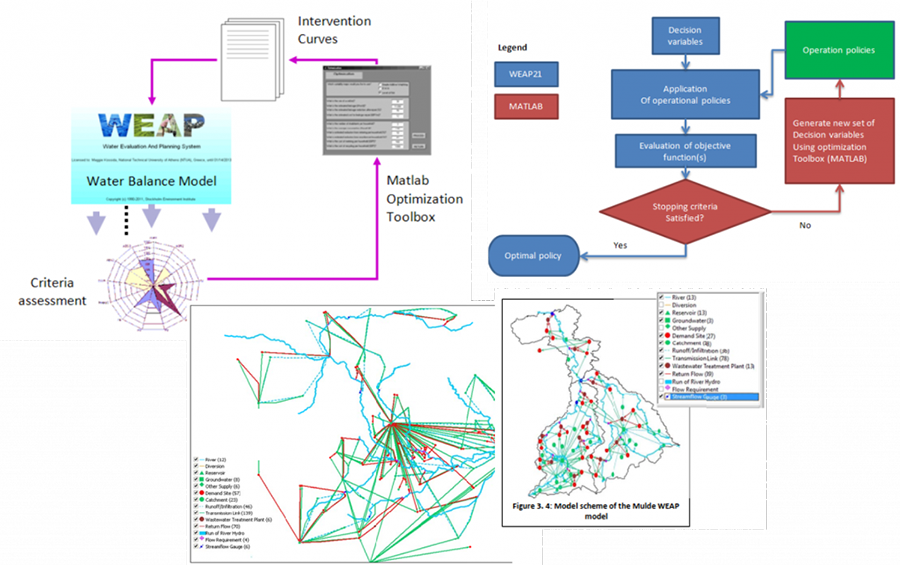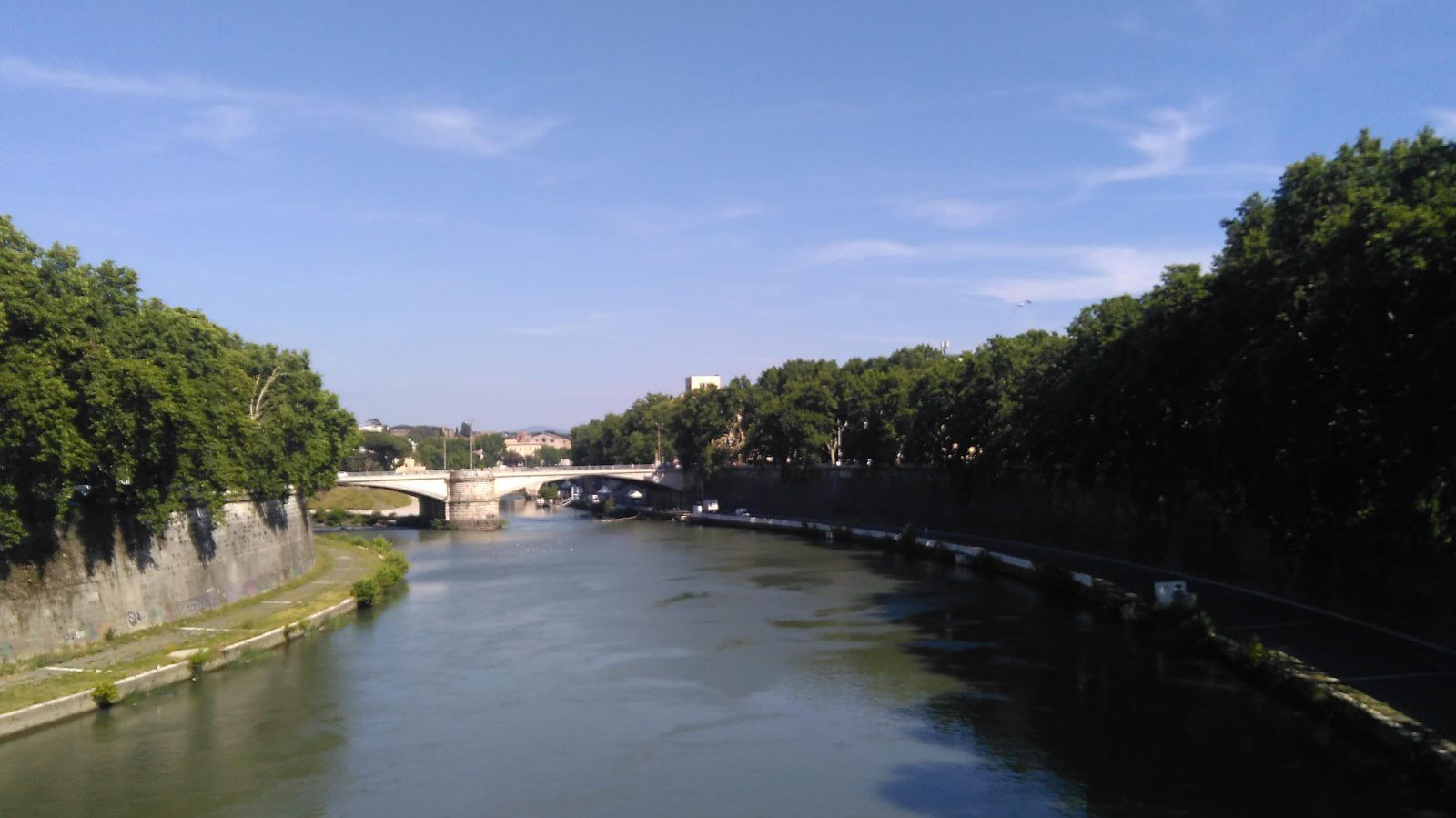DURATION: 01.01.2012 to 01.04.2013
BUDGET: 22,500.00€
FUNDING: DG ENVIRONMENT, Development of Prevention Activities to Halt Desertification in Europe 2011
ABOUT ABOT
ABOT: Assessment of Water Balances and Optimisation based target setting across EU River Basins was a research project funded by DG ENVIRONMENT under Development of Prevention Activities to Halt Desertification in Europe 2011 framework.
The overall aim of the ABOT project was to support the European Commission’s effort to identify means and develop prevention activities to halt desertification in Europe, by focusing on complementing EU water resources balances elaborated in the framework of the System of Economic and Environmental Accounts for Water (SEEAW) and supplementing ongoing projects which tackle water scarcity, droughts and desertification.
ABOT has selected a harmonized approach and implements its activities across 4 Pilot River Basins which are located in different EU regions and face various problems:
- Tiber RB in Italy,
- Mulde RB in Germany,
- Pinios RB in Greece,
- Vit RB in Bulgaria.
The pilot RBs followed the same methodological framework in developing detailed water resources balance models feeding the SEEAW system and assessing the impact and cost-effectiveness of selected response measures toward an optimal water allocation. The final goal was to cross-compare the results with the purpose of setting targets regarding water efficiency, water-reuse, ecosystem services, land-use and climate change adaptation for a typology of EU catchments under a specific context.
With this approach, ABOT managed to provide valuable input to the 2012 Policy Review and the Blueprint, while developed operation decision support tools available to the local water managers and stakeholders.
OUR ROLE IN THE PROJECT
Key activity of UWMH in the ABOT project was the development of simulation-optimization (SO) framework (implemented in MATLAB) for water resources management. The framework was built by coupling a state-of-the-art water resources system model (i.e., WEAP21) and multi-objective evolutionary optimization algorithms (i.e., Genetic algorithms).
The SO approach was then employed by the 4 Pilots (Tiber RB in Italy, Mulde RB in Germany, Pinios RB in Greece, Vit RB in Bulgaria) of ABOT (with the support of UWMH) to assess the impact and cost-effectiveness of selected response measures toward an optimal water allocation strategy.



